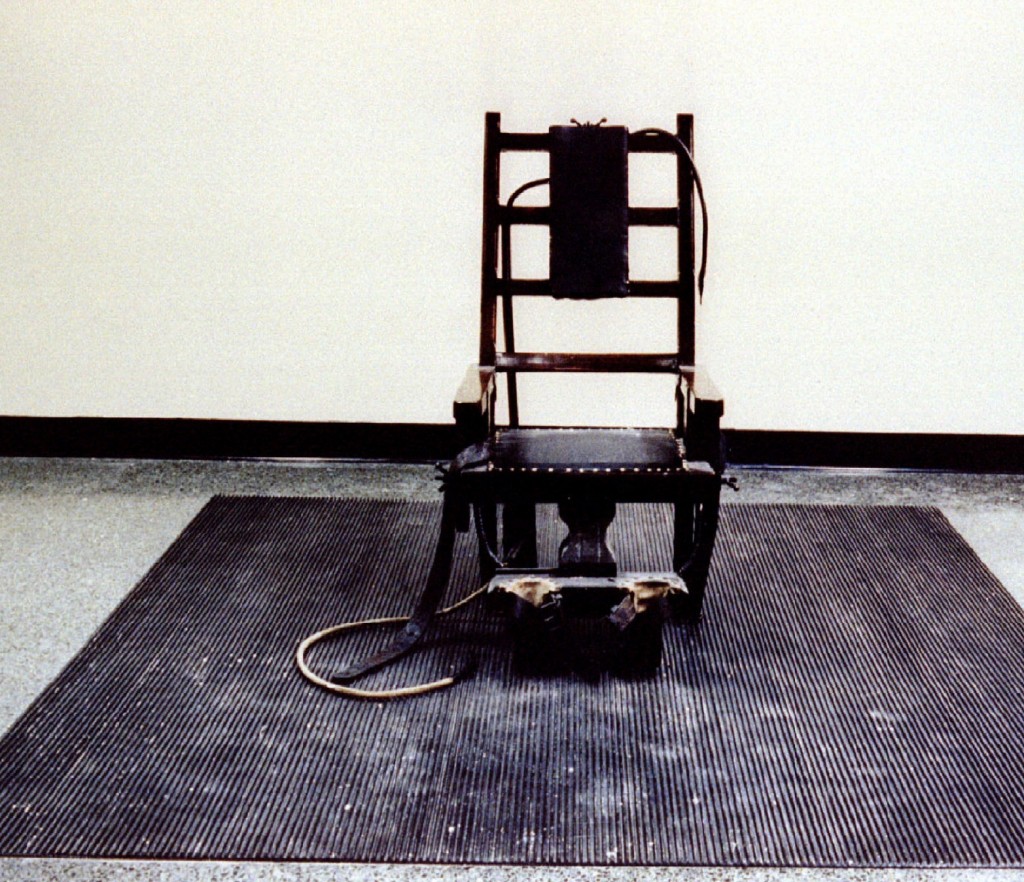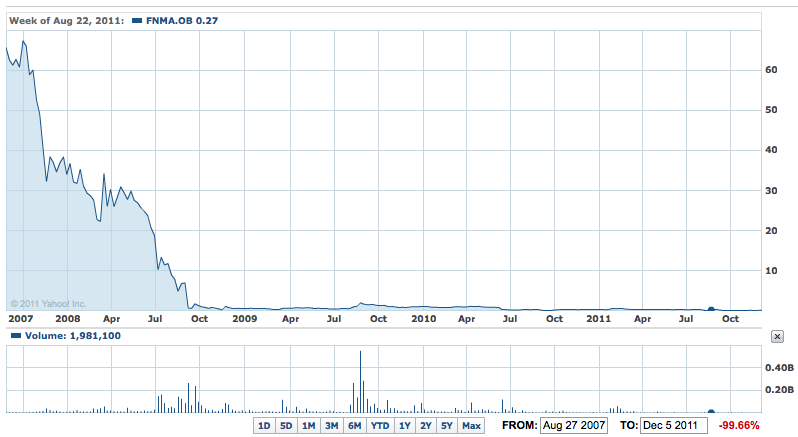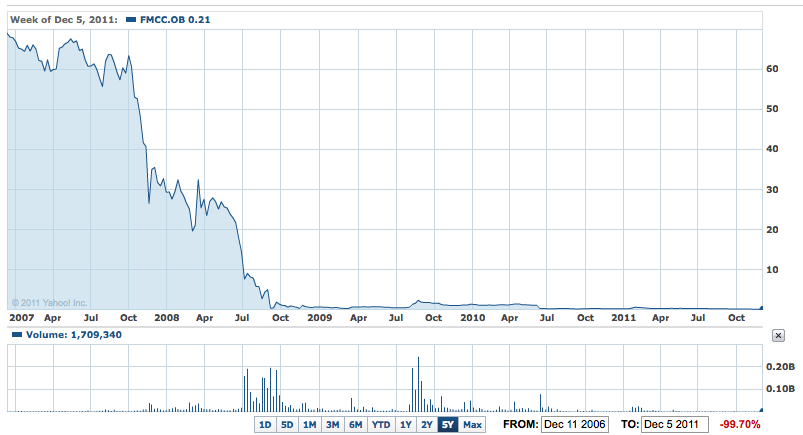How far can your dollar go? About 8400 miles, if you start in New York.
We wondered which currencies have lost the most value in the last year against the United States dollar – in other words, which places provide a relative bargain for Americans just by virtue of currency fluctuations. Because we don’t have kids, we had enough time to sift through the currencies of all 200+ nations and dependencies and find the answers.
Which isn’t as much work as it sounds, for several reasons. There are plenty of multinational currencies; not only the euro, but the East Caribbean dollar and the CFA franc. At least a couple dozen of the remaining countries fix their currency to the U.S. dollar. As a rule, the more your economy relies on American investment, the tighter the relationship. The Bahamas* doesn’t even pretend: their dollar has been interchangeable with the U.S. dollar for decades. (Well, not everywhere. A U.S. dollar is more readily accepted in Freeport than a Bahamian one is in Chicago.)
Some other currencies are fixed to still other currencies – the St. Helena pound is fixed to the pound sterling for reasons that are hopefully obvious.
Here’s what we found, and we’re pretty sure we didn’t miss anybody:
| % loss relative to US$ in 1 year | |
| Seychellois rupee | 13.65 |
| Hungarian forint | 11.76 |
| Ghanan cedi | 10.90 |
| Gambian dalasi | 10.45 |
| Turkish lira | 9.29 |
| Malawian kwacha | 9.09 |
| Zambian kwacha | 8.70 |
| Indian rupee | 8.56 |
| Serbian dinar | 8.09 |
| Mosotho losi | 7.97 |
| Swazi lilangeni | 7.91 |
| Namibian dollar | 7.58 |
| Argentine peso | 7.56 |
| Nepali rupee | 7.09 |
“Mosotho” is the demonym for Lesotho. Don’t you people read? Rounding out
our countdown are the Czech koruna (5.75), Croatian kuna (5.74), Mexican peso (5.43), West African CFA franc (4.76), Central African CFA franc (4.55), and Albanian lek (4.08).
Well, that’s certainly diverse. Climbing up the list we find a bunch of African countries few of you could find on a map, and a central European country that everyone’s familiar with, but that no one’s ever thought of visiting unless they were planning to invade.
But wait, what’s that at the top of the list? Why, it’s a perfect storm of opportunity, that’s what it is. A nation that not only has the currency that declined the most relative to the U.S. dollar in the past year, but that was practically designed by God for you to visit and spend your money in.
Seychelles. The word even sounds paradisiacal. And it’s as good a place to visit now as anywhere, for what your dollar can buy. Just click that link and look. (This isn’t a paid post, by the way. We just started with a question – “What interesting financial data can we share with you, preferably something no one’s ever bothered to figure out before?” – and it led us here.)
We came within a few hundred miles of Seychelles a few years ago and are still kicking ourselves for not hopping on one more plane.
When buying a big-ticket item like a vacation, why wouldn’t you go somewhere that’s essentially holding a 14% sale on everything? Foreigners from places with correspondingly stronger currencies do it all the time, converting their kronor and renminbi to greenbacks and then spewing them all over Orlando, Vegas and Hawai’i before scuttling back to whatever soccer-playing nation they started in.
The same goes for starting a business, importing goods, finding child brides and so on. Depending on how large you want to go, a visit to Seychelles (or any of the other countries on the list) could end up being cheaper than a trip to Branson. Either way, putting an exotic stamp in your passport and getting out of your comfort zone will make your life far more interesting.
Hungary has tourism too, apparently. According to the websites, the big thing to do there is to see the Danube and walk around Budapest. What Hungary lacks in beaches, it certainly makes up for in architecture, war cemeteries, inclement weather and perogies.
Actually, that’s not fair. It turns out Hungary is the 13th-most visited country in the world, although that’s a little misleading. (When you’re surrounded by other countries, it’s easy to have lots of international visitors. To insular American minds, “international travel” often involves crossing an ocean. In Europe and much of the rest of the world, not so much.) 98% of visitors to Hungary are European, and we’d bet that an even higher percentage of visitors to Ghana and The Gambia are African.
To satisfy everyone’s curiosity (and our sense of completion), and seeing as we already did the work, which nation’s currency gained the most vs. the U.S. dollar in the past year?
| New Zealander dollar | +9.49 |
Let your Kiwi pals visit you, instead of the other way around. They can return the favor when/if the New Zealand dollar loses enough value to make it worth your while.
*Trivia time: What do Russia and the Bahamas (and no other countries) have in common? They’re the only ones to share a sea border (but not a land border) with the U.S.







